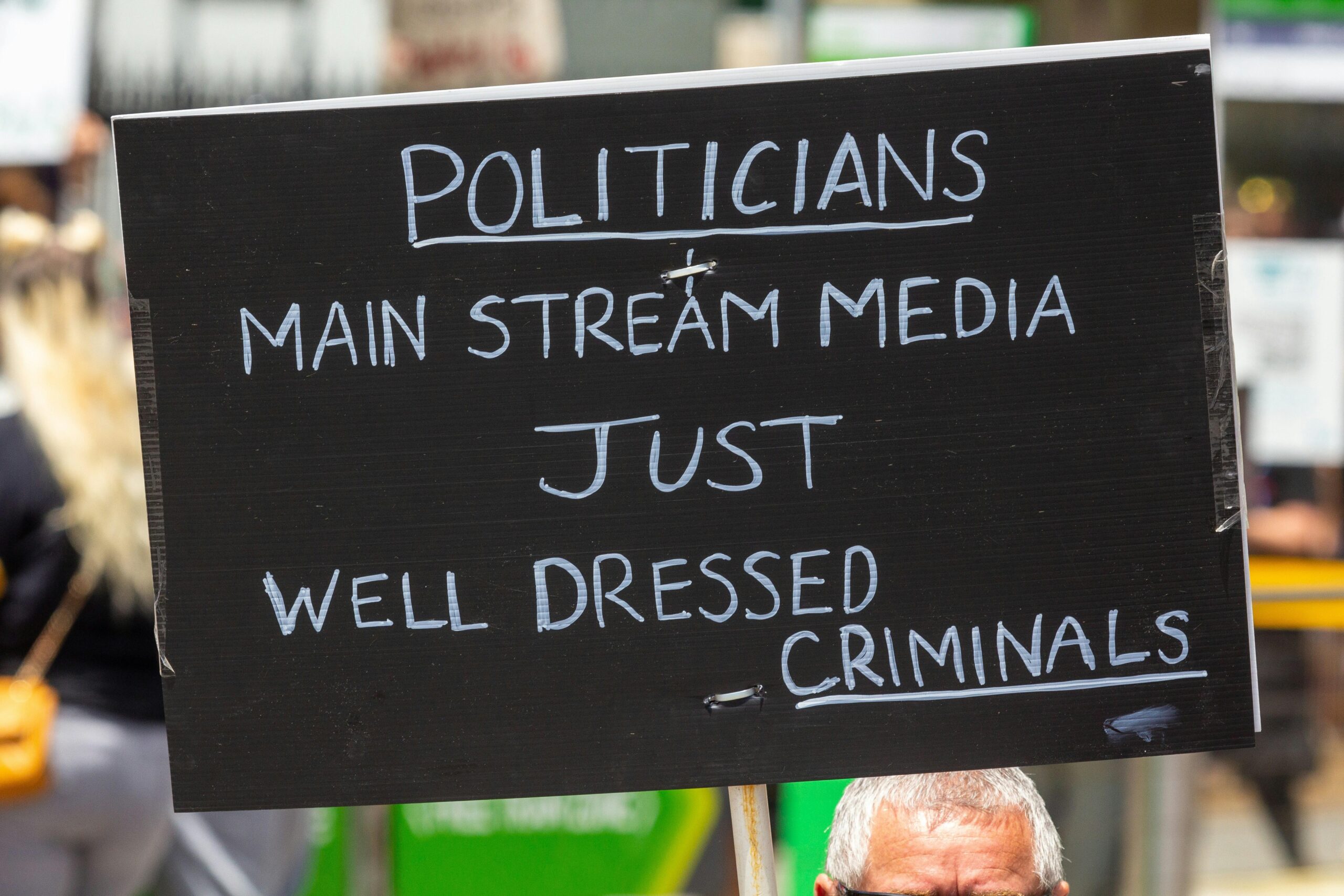Step inside the shadowy corridors where power, money, and influence collide—welcome to the complex world of political corruption and bribery across the globe. While headlines often spotlight scandals in isolated regions, the truth is far more pervasive, weaving through governments big and small, rich and poor. What drives these secretive exchanges? How do they shape policies, economies, and everyday lives? Join me as we peel back the curtain on this intriguing and often unsettling reality, uncovering stories and patterns that reveal the darker side of global politics.
Table of Contents
- Unveiling the Hidden Networks Behind Political Bribery
- How Corruption Shapes Policy and Impacts Everyday Lives
- Spotlight on Whistleblowers Risking It All for Transparency
- Practical Steps Citizens Can Take to Combat Political Corruption
- In Summary
Unveiling the Hidden Networks Behind Political Bribery
Peering beneath the surface of political dealings reveals a complex web of connections where influence is currency and favors are traded in shadows. These covert channels thrive through intricate networks comprising not only politicians but also corporate entities, lobbyists, and intermediaries who operate behind a veil of secrecy. In these concealed arenas, power dynamics shape policy outcomes, often sidelining public interest. Understanding the anatomy of these relationships means recognizing the subtle mechanisms at play:
- Opaque financial transactions routed through offshore accounts and shell companies.
- Secretive meetings and backdoor negotiations that escape public and media scrutiny.
- Interlocking interests tying together influential families, industries, and political factions.
Decoding the architecture of these hidden networks requires not only investigative rigor but also a willingness to unravel the intentionally obscured alliances. Each node in the network can reveal startling truths about how policy decisions are swayed, legislation is crafted, or contracts awarded. As the layers peel back, the complexity of bribery schemes emerges not as isolated acts but as systemic distortions ingrained deeply within political frameworks worldwide.
How Corruption Shapes Policy and Impacts Everyday Lives
When corruption infiltrates the corridors of power, the agenda crafted rarely reflects the true needs of the public. Instead, policies become tools to enrich a privileged few and entrench systemic inequalities. This distortion manifests in skewed resource allocation, where essential services like healthcare, education, and infrastructure are underfunded, disproportionately harming vulnerable populations. Politicians and officials may prioritize legislation that secures bribes or kickbacks, leaving pressing social issues to fester in bureaucratic limbo. The result? A cycle where public trust erodes, widening the chasm between government actions and citizen welfare.
Beyond the abstract policy arena, corruption leaks into daily life, reshaping experiences in subtle yet profound ways. Ordinary people often face hidden costs and obstacles—such as paying illicit fees for basic permits, dodging favoritism in job assignments, or enduring slow public services due to nepotistic practices. Communities may grow cynical or resigned, questioning whether fairness or meritocracy exist at all. This toxic environment fosters:
- Reduced economic opportunity and entrepreneurship
- Distrust in law enforcement and judicial systems
- Increased social unrest and political apathy
Ultimately, corruption’s ripple effect corrodes democracy itself, creating a closed loop that demands vigilant awareness and reform at every level.
Spotlight on Whistleblowers Risking It All for Transparency
Across continents, individuals have stepped forward to expose hidden agendas and corrupt dealings, fully aware of the immense personal risks involved. These brave figures often face:
- Professional retaliation such as job loss and blacklisting
- Legal battles initiated to silence or intimidate
- Social isolation and threats to personal safety
Yet, despite these challenges, they remain unwavering. Their courage not only sheds light on shadowy networks but also sparks broader public debates about accountability and ethical governance. Through encrypted channels, anonymous tips, and fearless testimony, they continue to challenge entrenched systems where bribery and nepotism thrive unchecked.
These whistleblowers are the unsung catalysts for change, often igniting reforms and investigations that governments and watchdog organizations pursue. While their stories might sometimes be obscured by the noise of political spin, their impact is undeniable — transforming opaque corridors of power into arenas of transparency and justice.
Practical Steps Citizens Can Take to Combat Political Corruption
To confront political corruption head-on, citizens need to harness the power of awareness and active participation. Start by staying informed through credible news outlets and watchdog organizations that monitor government activities. Equally important is engaging in your local community by attending town hall meetings and voicing concerns to elected representatives. This not only holds politicians accountable but also cultivates a culture of transparency. Citizens can also support independent investigative journalism, which often uncovers hidden corruption and empowers the public with the truth.
Beyond awareness, practical actions include:
- Supporting anti-corruption initiatives: Join or donate to NGOs that campaign for transparent governance and legal reforms.
- Participating in voting: Exercise your right to vote with vigilance, favoring candidates committed to ethical governance.
- Promoting civic education: Encourage discussions about ethics and governance in schools and community groups to build an informed future electorate.
- Whistleblower protection: Advocate for laws and systems that protect whistleblowers who expose corrupt practices.
These steps collectively empower citizens not only to recognize corruption but also to dismantle the systems that enable it.
In Summary
Peering into the tangled web of political corruption and bribery around the globe reveals not just a series of isolated scandals, but a complex system that shapes societies in ways we rarely see. As we continue to uncover these hidden layers, it becomes clear that transparency and accountability are more than just buzzwords—they’re essential tools in the fight against corruption. So next time you hear about a new scandal breaking, remember: understanding the why and how behind the headlines is the first step toward meaningful change. Stay curious, stay aware, and keep questioning the world around you.












